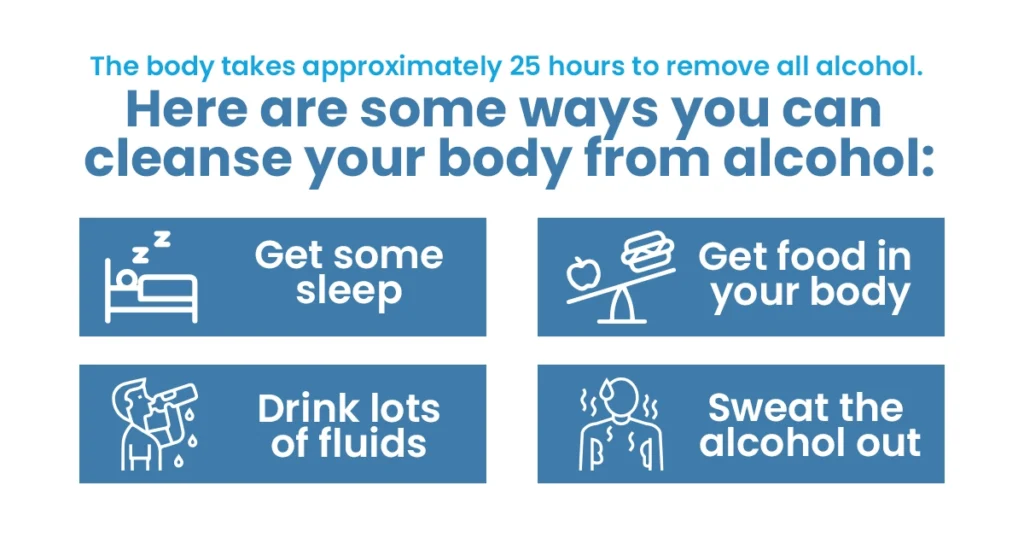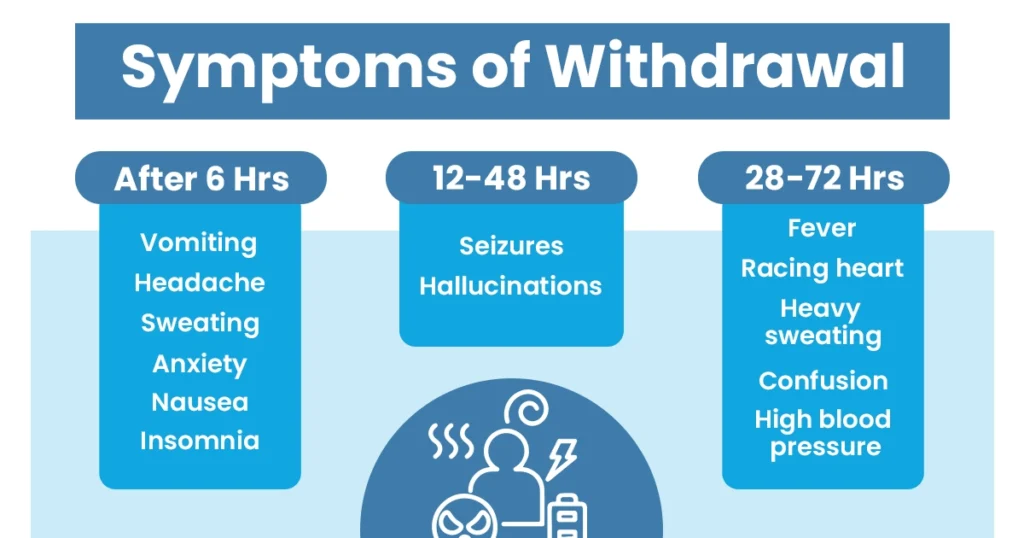
There comes a time when an alcoholic has had enough alcohol. You’re tired of passing out, waking up hungover, and not remembering the previous night’s events. You are exhausted by repeatedly failing friends and relatives. You want to stop. This realization is the first step in the recovery process.
Alcoholism impacts the person suffering from it and their loved ones. A detox may appear to be the sole treatment option for alcoholism. However, it is essential to remember that alcohol detox performed at home can be risky. Detoxification in a professional rehab center is often the most recommended treatment for alcohol addiction and dependency.
Importance of Alcohol Detox
Alcohol detoxification is the first step in the treatment of alcoholism. During this period, all traces of alcohol are eliminated from the system. After beginning detox, withdrawal symptoms usually lessen between one to two weeks; however, this might take longer depending on your alcohol use disorder (AUD) severity. After that, you will be able to concentrate on other areas of the recovery process, including various activities, treatments, counseling sessions, and support options.
Alcohol is a depressant on which the body becomes dependent over months and years. Eventually, your brain stops producing specific chemicals that it obtains from alcohol, and you develop a dependence on the substance. As a result, it takes time for the body to adjust to abstinence.
This break from use is the source of withdrawal symptoms, including headache, fever, nausea, irregular heartbeat, and hallucinations. Some people are hesitant to stop drinking because they fear experiencing withdrawal symptoms during alcohol detox.
While some people may have relatively minimal symptoms from drinking, others may experience severe pain. Because withdrawal symptoms can alter quickly and severely, it is essential to detox under the supervision of medical specialists. A rehab center’s treatment staff will be able to assist you in controlling your pain with different medications.
6 Hours After You Stop Drinking
Mild symptoms of alcohol withdrawal can begin as early as six hours after the last drink. They may include:
- Vomiting
- Headache
- Sweating
- Shaky hands
- Anxiety
- Nausea
- Insomnia
12-48 Hours After Your Last Drink
More severe symptoms include hallucinations (around 12 to 24 hours after you quit drinking) and seizures within the first two days after the cessation. You can see, feel, or hear things that aren’t there.
48-72 Hours After You Stop Drinking
Delirium tremens, or DTs, usually begin around this time. DTs is a severe condition characterized by strong hallucinations and delusions. Only around 5 percent of persons suffering from alcohol withdrawal have them. Those who do may also have the following:
- Fever
- Racing heart
- Heavy sweating
- Confusion
- High blood pressure
Alcohol Withdrawal Treatment
When detoxification occurs in a medical facility, withdrawal symptoms are treated with medicine. To control seizures and other alcohol withdrawal symptoms, doctors may prescribe benzodiazepines and neuroleptic medications. In a rehab facility, the medical staff constantly monitors the patient’s temperature, blood pressure, and breathing.
In some instances, a person may opt to gradually reduce their alcohol usage over the course of many weeks. In these situations, a person should work with a doctor or other healthcare provider to design a plan that they can safely adhere to reduce dependence.
A person may be able to prevent alcohol withdrawal symptoms if they detox slowly. A doctor may also prescribe dietary changes or supplements, such as vitamins B-1 (thiamin) and B-9 (folic acid), to assist the body in adjusting to the reduction in alcohol consumption.

Frequently Asked Questions (FAQs)
How do you cleanse your body from alcohol?
Here are some ways you can cleanse your body from alcohol:
– Get some sleep
– Drink lots of fluids
– Get food in your body
– Sweat the alcohol out
What can you expect when you stop drinking?
Withdrawal symptoms might include sweating, tremors, sleep problems, fast heartbeat, nausea and vomiting, hallucinations, anxiety, restlessness, and maybe even seizures.
How long does it take for alcohol to exit the body?
Alcohol has a half-life of four to five hours. How long it takes for your body to remove half of a substance is its half-life. However, it takes around five half-lives to remove alcohol entirely. Therefore, the body takes approximately 25 hours to remove all alcohol.
Does the body recover when you stop drinking?
When you quit drinking, your body has the opportunity to heal from alcohol’s adverse effects, but it may take some time before you feel like yourself again. If you are contemplating quitting drinking, you should visit a doctor since alcohol withdrawal symptoms can be severe and negatively affect you.
What happens in an alcohol detox?
Detoxification is the first step in treating alcoholism or alcohol addiction. During the detox process, alcohol is ridden entirely from the body. A person may experience withdrawal symptoms such as severe headaches and mood fluctuations, and others.
Withdrawal symptoms typically fade after a week or two after starting detoxification; however, this may take longer depending on the intensity of addiction.
After detoxification, you can focus on other rehabilitation processes, such as various activities, treatments, counseling sessions, and support options.
The Haven Can Help You Restore Your Fun Life
If you choose to detox alcohol at The Haven, you take the critical first step toward recovery. Our patients have the opportunity to rehabilitate in an environment free of triggers, allowing them to concentrate entirely on overcoming addiction.
The Haven Detox takes pleasure in offering the best substance abuse treatment through our medical detoxification services. We have assisted hundreds of people in overcoming this chronic illness and beginning new lives.
If you or your family members are battling substance use disorder (SUD), we are here to assist you. Our admissions team of counselors is available 24/7 at (561) 328-8627.






